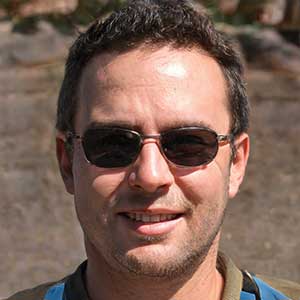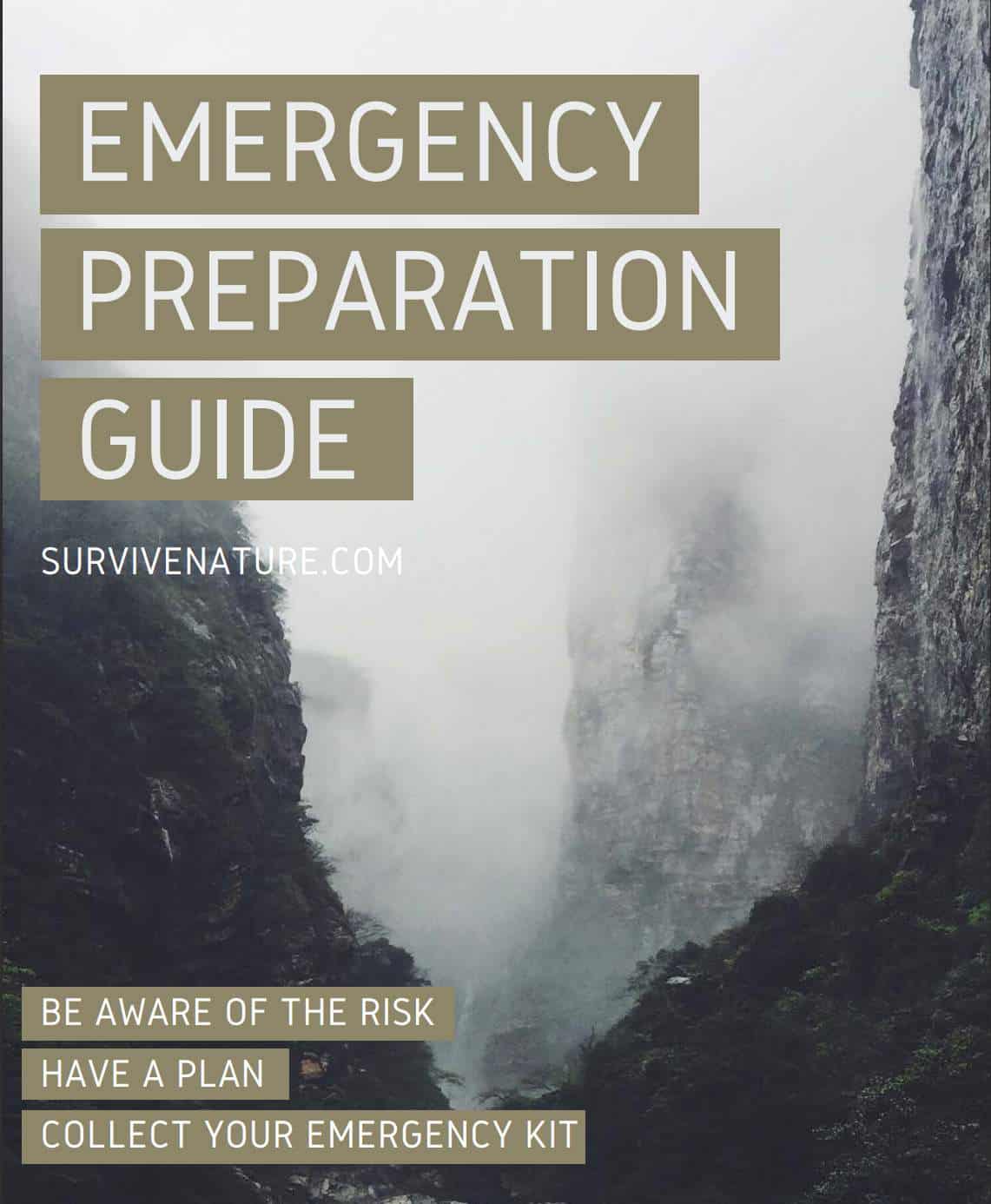You should keep in mind every aspect of your life when it comes to survival. You may be prepared very well and have everything you and your family might need to survive, and yet there are plenty more things you should consider to keep your beloved ones safe. Many people do not realize that every human spends the third part of their life in sleep. Sleep loss, lack of sleep, or sleep deprivation could become a serious problem for your survival. You may have a well-armed fortress-like household with the perfect amount of food and drinkable water and still miss the intruders falling asleep. If you don’t want sleep to fail your survival plans, you should get enough sleep and maybe even make a sleep plan with shifts according to Military Sleep System.
Health Consequences Of Sleep Deprivation
People in common have a decent amount of sleep deprivation weekly. The average amount of sleep people should have every day is about 8 hours of quality sleep, but many people have only 6 hours a day and even less. Many people glorify themselves for this and think that they keep the time for themselves while experiencing chronic sleep deprivation. This attitude can cause serious damage to your health. Sleep is the most important thing to maintain the functionality of your body. During the sleep hours, your body gets rid of the toxins and rests. Most of your organs could suffer from not getting enough sleep: your brain, immune system, kidneys, lungs, digestive system, heart, skin, and even the reproductive system could be badly damaged. Sleep deficiency can even cause the reduction of the growth hormone release. The only two systems of your body that are not affected by sleep deprivation are skeletal and muscular systems. But you should not be misguided with this fact: strong muscles and bones will not help if your immune system, brain, or heart fails.
If you ask a doctor: ” Can sleep deprivation and deficiency kill?”; you will definitely have an answer similar to ones you may hear when we talk about weapons: ” The gun doesn’t pull its own trigger.” The most common causes of death directly connected to sleep deprivation are car accidents. According to The National Highway Traffic Safety Administration, there are about 100,000 traffic accidents caused by drivers literally fallen asleep at the wheel every year. But even in these cases, you will not see “lack of sleep” as the official cause of death in the death certificate made by a medical examiner. The doctor will probably notice or find out which system failed first, even if its malfunction is caused by the effects of sleep deprivation. Despite this fact, there’s an exception to this rule. Fatal Familial Insomnia is a sporadic disease that is caused by the malfunction of the brain part called the thalamus, and there were only 40 registered and medically reviewed cases of this illness. People who suffered from this type of insomnia woke up one day and never ever got back to sleep again. When the part of the brain that is responsible for regulating sleep and wakefulness is injured in some way, people will lose their sleep. After some weight loss, panic attacks, and dementia, people who unfortunately got this disease will go into a coma and pass away.
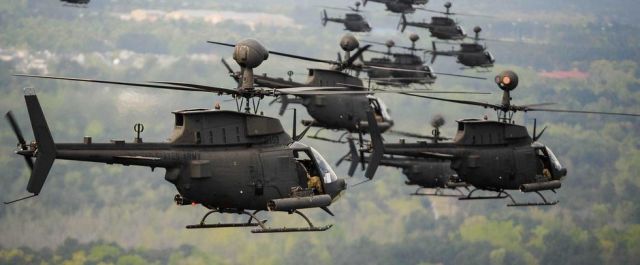
Military Studies About Sleep Deprivation
There are many talks and discussions about the military ways of treating living people as cannon fodder even if they are soldiers following orders. But if you read the previous block of this article, you should know that two systems that are less damaged by sleep deprivation are skeletal and muscular systems which could definitely be considered as meat and bones as long as the brain of the soldier is set to follow orders and his body is physically ready, the health conditions of the other systems are a concern of doctors, not the commanders. In terms of knowing the limits of the human body, military forces made countless studies about sleep deprivation and deficiency of sleep and its effects on soldiers’ performance results.
High Risk of Effects
Since the human first tried to attack their enemies during the night time or right before dawn, they started to acknowledge the effects of sleep deprivation. Amongst these studies, people would try to find ways to stay awake and focused on the battlefield even if they are not getting enough sleep. During WWII, German and Japanese pilots were having amphetamine and methamphetamines to stay awake, but the death rate among them was very high. These drugs caused various cases of psychosis and even led to suicide. You may be familiar with the term “kamikaze,” appearing in connection with these events, which means that these pilots became living bombs and guided their vehicles to crash into their enemies in the tradition of death instead of defeat.
Army Field Manual 6-22.5
This manual gives you an idea of how sleep-deprived you might be to be an effective part of your team still. You can certainly find it on the Internet and read it for yourselves, but we will still give you a quick review of its main terms. To gain efficiency, you might need to define the amount of mental activity you need for certain tasks and give them to soldiers who had a shut-eye. We’ve already talked about health problems that are connected with sleep deficiency, but you still need to remember that you will definitely be able to perform physical work and walk even when you haven’t got sleep for a night or two, but the brain processing becomes way slower and is blurred by consequences of sleep deprivation.
So, according to FM 6-22.5, you can march, shoot straight, or build something having a lack of sleep, but you surely need to take a nap if you need to read maps and blueprints or make construction decisions. Also, Army Field Manual 6-22.5 explains the privileged position of officers having better circumstances for sleep because their decisions could affect their subordinates. If you ask some military historians about this fact, they will certainly tell you a couple of stories about great commanders who were defeated because they were sleep-deprived or had a sleep disorder. The most famous general in American history who had signs of sleep deprivation was Stonewall Jackson. There are some stories about him falling asleep while having lunch or even riding a horse.
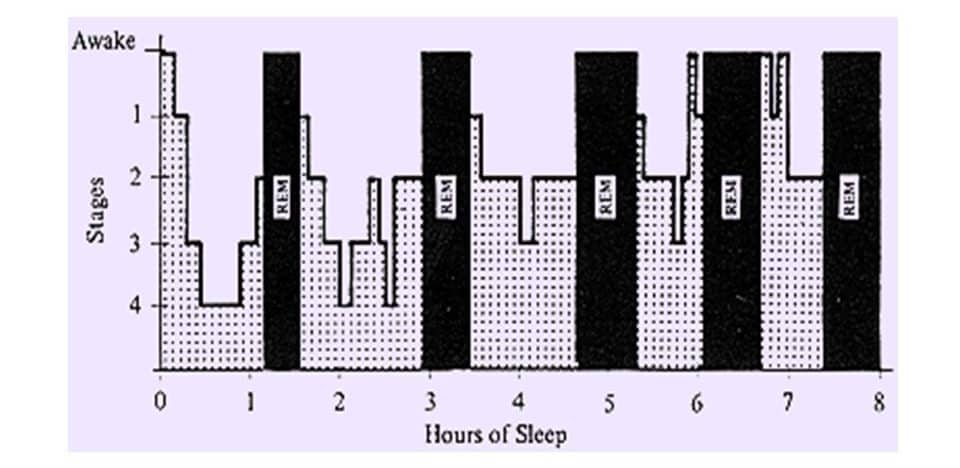
Military Sleep System Against Lack of Sleep
This system is quite simple and may seem obvious, but its efficiency was proven experimentally. One of the most popular searches in Google and other media websites is “how to get a good night’s sleep?” and many people around the world search for an answer to this question. Eight hours a day is a prescribed dose to get enough sleep, but there are still certain conditions that you need to be aware of to make your basic bedtime more efficient. There a shortlist of things to do below:
- Have a bedtime ritual
- Make it dark
- Relax
- Get comfortable
- Stick to a sleep schedule
- Eat and drink healthy food and drink.
- Get enough exercise
- Take naps and short breaks.
- Make the team and take shifts.
1. Bedtime Ritual
This block may seem odd for the apocalyptic scenario, but this ritual thing could improve your sleep and overall quality of life on a long-term distance. This does not necessarily mean a thing about aromatic candles or religious practics. You can fight your sleep problems by having another round of perimeter checks or reload your weapons before you go to sleep. Just make the chosen action an everyday bedtime ritual to let your brain know that you are ready to fall asleep after doing it.
2. Darken the room
The best way to increase your bedtime and have a quality sleep is to avoid the light hitting your eyes. Our sleep patterns are strongly influenced by the light, whenever it is artificial lighting or natural. When the light hits the back of your eyes, it makes your body feel like it needs to awake.
3. Relax
There’s a lot of breathing technics you can use to relieve stress before you fall asleep. Some people use certain music and exercise to fall asleep faster. Naturally, when we talk about the SHTF scenario, there’s much more stress connected to the process of your survival. A bad day at work could hardly compete with a situation when you’ll have to face confrontation in the fight for food or water. Secure your homestead or a shelter you use to relieve stress. The fact that you have all the food, water, and weapons needed to survive tomorrow will help you sleep while your teammates are on guard. Use tracking technologies to secure your land if you have no one to team up with.
4. Get comfortable
This section is not set to talk about a comfortable bedroom set or a cozy couch. When it comes to survival, you might need to sleep anywhere you have a chance to do so. Surely, having a good sleeping bag and sleeping pad will make you feel comfortable almost everywhere if the weather is fine. Don’t bother with having a pillow in your bug-out bag: just roll up your jacket and put it into your sleeping bag packsack.
5. Sleep schedule
For most people, this one is hard to do even in their regular life. When the world ends, you have much more things to care about and think about before nighttime, so it will be much more difficult to have hours of sleep duration needed daily. Your central nervous system is closely connected with your circadian rhythm that tells your body that you make you feel sleepy when the sun goes down. Even your blood pressure and body temperature are lowered in the evening. You can use electronic devices that alarm you when you need to go to bed. If you are surviving in a group, you will soon find out an anomaly that there are some people that can be more effective at night than during the day. Night shifts for these guys are less destructive. If you don’t have people like this, you should make shorter shifts where everybody who is on guard gets to sleep a couple of hours at night.
6. Eat well
Today we have a whole bunch of stores that are specialized in healthy food and drinks. Needless to say, that all our civilization benefits will not be available when SHTF. Your main goal in this scenario is to eat enough. You have to find the needed amount of calories and fresh drinkable water a day to do your work and stay healthy. The important thing about this is to be aware of stimulants, like caffeine. Draw your attention to the products with caffeine, and do not take them before you go to bed.
7. Exercise
When you are surviving in a homestead, or you are out in a wilderness, you’ll probably don’t need to worry about this step. There’s a lot of physical work to do. But there can be a situation where you could be stuck in a bunker with not enough space to exhaust your body by just walking around. In this case, exercise could help you to improve your quality of life and fight symptoms of sleep disorders. Stay strong and waste all of the excess energy before going to bed.
8. Take a nap
To save your health, you should avoid sleep debt. Of course, to fully recover from a hard day as a survivalist, you need to sleep eight hours a day, but there are situations when even having a little sleep may fight daytime sleepiness. If you have a sleep specialist who can provide medical advice diagnosis or treatment at hand, he would definitely tell you that even twenty minutes of REM sleep could recharge your brain and restore your cognitive functions.
9. Make the team and take shifts
For long-term survival, you’ll have to make the team. First of all, you’ll need to find a crew you fully trust: to sleep peacefully when someone else is on guard, and you need to be sure that the person who takes the shift can take a shot at the crucial moment. When you’ve found your team, you’ll need to separate your 24-hour daytime into 2-hour shifts. In this system, one person stays on guard for two hours, and when he wakes up, the next man takes the next 2-hour shift. If you and your team will stick to this plan, everyone will lose only 2 hours a day if you have enough men.
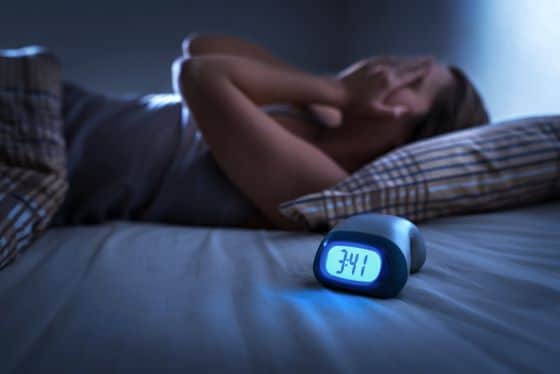
Psychological Side Effects Of Sleep Deprivation
Symptoms of chronic sleep disorders and deficiency of sleep can affect your mental health. The less sleep you get, the harder it is for your central neural system to operate. The medically reviewed possible side effects of sleep disorder for your health could be uncontrollable aggression, confusion, paranoia, and hallucinations. Some studies even say that moral reasoning becomes nearly absent in terms of sleep deprivation and deficiency of sleep. The Guinness World Records does not longer recognize records connected to sleep deprivation because of a couple of cases that lead contestants to serious heath damage.
Perhaps, the most famous record connected with the lack of sleep was set by New York DJ Peter Tripp. He stayed awake for about eight and a half days (201 hours) in a glass booth in Times Square. After three days without sleep, he started to hallucinate, and by the end of the experiment, he went totally psychotic. Scientists that looked over him acknowledged that his mental health would not be as it was before the record. In 1977 Maureen Weston set the new record with 449-hours without sleep. In her own words, she has not suffered any lasting effects on mental health. Despite this fact, all contestants who tried to overcome this record suffered psychosis and cognitive failure.
In terms of survival, you need to remember that being awake for 18 hours is equal to a blood alcohol concentration of 0.08%, which is consumed legally drunk and increases your chance for a car crash. The speed of reaction and decision-making is lowered to the point where it is equally dangerous to being drunk at the wheel. In the SHTF situation, chronic sleep deprivation could turn your neighbors into psychopaths and easily drive all the men you know insane. Remember! Quality sleep can help you to save your mental health. Apply to the specialist to get all the health information about sleep deficiency you need.
Test Your Brain Limits And Train
If you are willing to try to push your limits, you’ll need to find out where those limits are. Train yourself to stay focused after a night without sleep. Try to hunt on varmints at dawn without sleeping at night. Make up an exercise for yourself. Remember not to push these boundaries too far. Sleep deprivation affects your brain. If you came to a stage where you didn’t get enough sleep to make yourself hallucinate, you could never return to a normal state of mind again.
FAQ
What are the signs of sleep deprivation?
There are symptoms that can tell that person is experiencing sleep deprivation. You can easily tell if your body thinks that it needs to sleep, but if you want to be sure that teammates around you don’t fall asleep at the wheel or at service, you should closely check them for symptoms listed below:
- excessive fatigue
- frequent yawning
- irritability
- daytime sleepiness
Remember always to keep an eye on each member of your team and give them as much sleep as they need.
What are the effects of lack of sleep?
Lack of sleep on a regular basis can harm your health badly. Diabetes, obesity, heart issues are only a few possible things sleep deprivation could lead to in the long term. Asleep duration of 8 hours should be enough to avoid sleep disorders that exhaust your brain and your body and increase the quality of life. Once you acknowledge that your productivity is based on healthy sleep, you can place elimination of sleep deficiency and sleep disorders not only as your health but even as your business interest.
Can sleep deprivation kill me?
As we mentioned before, sleep deprivation is not at the top of the death ratings. However, prolonged total sleep deprivation could be lethal. In 1989 Chicago-based scientists did research with rats that showed the inevitability of death without sleep.
How many hours of sleep is considered sleep-deprived?
If an adult human being stays awake for more than seventeen hours, his body starts to experience the effects of sleep deprivation. The signals that the body sends to you can be delayed and are perceived vaguely, so you might not notice symptoms of sleep deprivation first. The consequences of 72-hour sleep deprivation could become irreversible.

